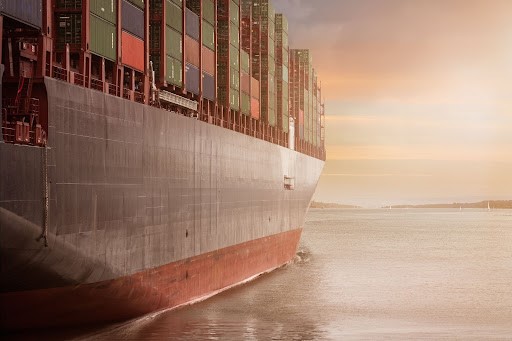 In today’s fast-paced and interconnected world, the efficiency and effectiveness of freight transportation are more crucial than ever. The backbone of this efficiency lies in logistics, the sophisticated and dynamic field that integrates various processes to ensure goods are moved from origin to destination seamlessly.
In today’s fast-paced and interconnected world, the efficiency and effectiveness of freight transportation are more crucial than ever. The backbone of this efficiency lies in logistics, the sophisticated and dynamic field that integrates various processes to ensure goods are moved from origin to destination seamlessly.
This article delves into the pivotal role of logistics in modern automotive freight transportation, highlighting key aspects that make it an indispensable part of the global economy.
1. Optimizing Transportation Networks
A primary function of logistics in freight transportation is the optimization of transportation networks. This involves route planning, vehicle scheduling, and load optimization to ensure the most efficient use of resources. Companies like Australia Wide Haulage exemplify this aspect, leveraging advanced logistics software to optimize routes across the vast Australian landscape, thereby reducing transit times and costs. This optimization not only streamlines delivery but also minimizes environmental impact by reducing fuel consumption and emissions.
2. Enhancing Supply Chain Visibility
Modern logistics technology has revolutionized supply chain visibility. Real-time tracking systems allow logistics managers to monitor freight movements, providing up-to-the-minute information on location, condition, and estimated delivery times. This transparency is vital for businesses to plan their operations effectively, respond to potential disruptions, and maintain customer satisfaction through timely updates.
3. Integrating Multimodal Transportation
The integration of various modes of transportation, such as road, rail, sea, and air, is a critical aspect of logistics. This multimodal approach allows for more flexible and cost-effective transportation solutions. By effectively combining different modes, logistics providers can navigate challenges such as geographical constraints, varying shipment sizes, and diverse customer requirements.
4. Managing Inventory Effectively
Logistics plays a significant role in inventory management by ensuring that the right amount of goods is transported at the right time. This balance is crucial in avoiding overstocking or stockouts, which can be costly for businesses. Effective inventory management, facilitated by logistics, helps in maintaining a smooth flow of goods, thus enabling businesses to meet customer demand without incurring unnecessary storage costs.
5. Navigating Regulatory Compliance
One of the more challenging aspects of freight transportation is adhering to the myriad of regulations and compliance requirements, especially when shipping across international borders. Logistics providers excel in this area, offering invaluable expertise in managing complex regulatory landscapes. They ensure that all necessary documentation is accurately prepared, customs procedures are meticulously followed, and regulatory mandates are strictly adhered to.
This proficiency is essential in preventing costly delays, avoiding financial penalties, and circumventing potential legal issues, thereby guaranteeing a seamless and uninterrupted transportation process. Their deep understanding of international trade laws, safety standards, and environmental regulations makes them indispensable partners in the global logistics chain.
6. Embracing Technological Advancements
The logistics industry is at the forefront of adopting new technologies. From the Internet of Things (IoT) and blockchain to autonomous vehicles and drones, these technologies are reshaping how goods are transported. By embracing these advancements, logistics providers are able to increase efficiency, enhance security, and reduce costs, further streamlining the freight transportation process.
7. Focusing On Sustainability
With increasing awareness of environmental issues, logistics in freight transportation is also evolving to become more sustainable. This involves strategies like optimizing routes to reduce fuel consumption, using eco-friendly vehicles, and prioritizing energy-efficient warehousing practices. Such initiatives not only benefit the environment but also resonate with consumers who are increasingly favoring sustainable practices.
In Conclusion
Logistics is the unsung hero of modern freight transportation, playing a critical role in ensuring that goods are delivered efficiently, safely, and in a timely manner. From optimizing transportation networks to embracing cutting-edge technologies and prioritizing sustainability, logistics is a multifaceted field that continuously adapts to meet the demands of an ever-changing global landscape.
As businesses and consumers increasingly rely on fast and reliable transportation of goods, the role of logistics will only grow in importance, underpinning the success of global trade and commerce.










